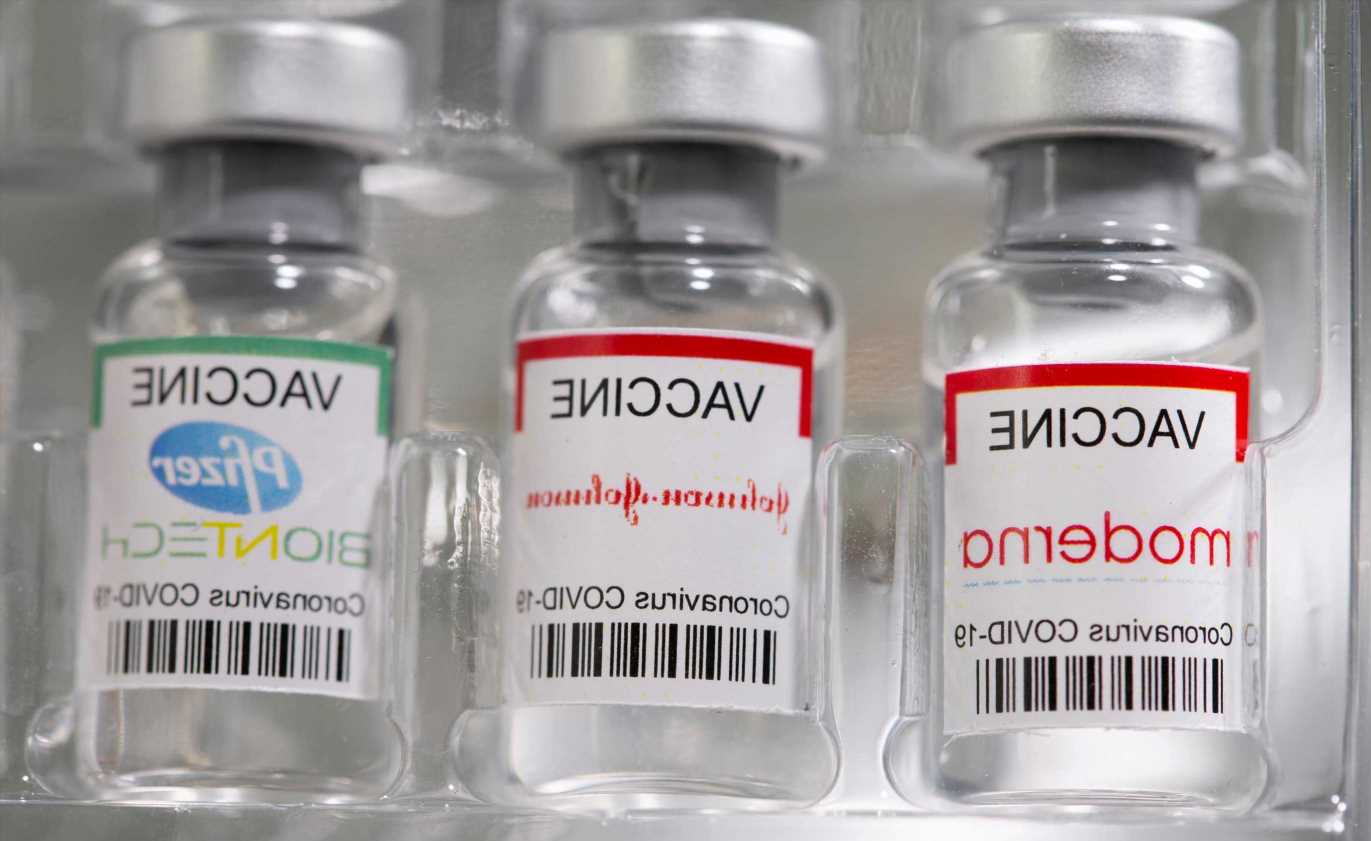MIXING Covid vaccines may hit the “sweet spot of best protection”, scientists believe.
Ongoing studies have so far provided positive evidence that by using a cocktail of jabs is both safe and possibly more effective.
🔵 Read our coronavirus live blog for the latest updates
It bodes well for a booster vaccination programme in the autumn, when more jabs will need to be given to the vulnerable to make sure their protection stays high.
Professor Robin Shattock, head of mucosal infection and immunity at Imperial College London, explained the science behind switching jabs.
He told a Royal Society of Medicine webinar on Thursday: “When you're mixing the way the vaccines are delivered, then the immune system is seeing it in a slightly different way.
“You are tricking the immune system to say, ‘oh you've seen something that's similar, but you've seen it in a different context, and therefore you get an exaggerated response…
“So that mix and match process could get you into a sweet spot where you have the best protection that could be important for sustained immunity.”
There are a variety of methods to trigger an immune response when delivering the Covid vaccine.
The Oxford/AstraZeneca and Johnson and Johnson vaccines are known as adenovirus vaccines.
They use viral vector technology where a modified version of a different virus is used to deliver instructions to the body’s cells.
Both the Pfizer and Moderna jabs are mRNA vaccines.
Instead of using a weakened form of the virus, or a modified version, mRNAs use only the virus’s genetic code.
An mRNA vaccine is injected into the body, where it enters cells and tells them to create antigens. These antigens are recognised by the immune system and prepare it to fight coronavirus.
Prof Shattock, who is helping develop Imperial College London’s Covid-19 vaccine, said: “The vaccines are very different.
"A viral vector combined with an mRNa vaccine makes sense. But swapping from Modena to Pfizer doesn’t make much sense.”
Peter Openshaw, a professor of experimental medicine at Imperial College London, said there was evidence swapping vaccines “improves immune response”.
Speaking at the RSM briefing he said: “There has been a study done that isn't out yet, but was press released in Spanish, showing that if you swap from one vaccine to another between first and second doses, that you actually improve the immune response.”
The preliminary study results, using more than 600 people, showed the Pfizer jab appeared to jolt the immune system after it had been primed with the AZ jab.
After this second dose, participants began to produce much higher levels of antibodies than they did before, and more than if they had just two doses of the AZ jab, Nature reported.
Prof Openshaw also noted the ongoing British study – the first results of which were detailed last month.
The Com-COV study showed that when volunteers were given Pfizer followed by AZ, double the number of people (41 per cent) had a fever compared with people given two Pfizer doses.
Similar increases were observed for chills, fatigue, headache, joint pain, muscle ache and a general unwell feeling.
Prof Openshaw, a member of the New and Emerging Respiratory Virus Threats Advisory Group (Nervtag), said the more severe side effects “seem to suggest you get more reaction if you swap around”.
“That might possibly be accompanied by a better immune response. It makes immunological sense that you'd get a greater response.”
He said if two vaccines both used the spike protein of the virus but had different “infrastructure”, “then the immune system recognises the spike protein advantageously because it's seen it before, and so it responds again”.
The benefit of being able to mix vaccines is that it allows flexibility with low supplies.
There are huge global constraints on much-needed jabs, and it comes as poorer countries with less access battle huge waves of the virus.
Source: Read Full Article




